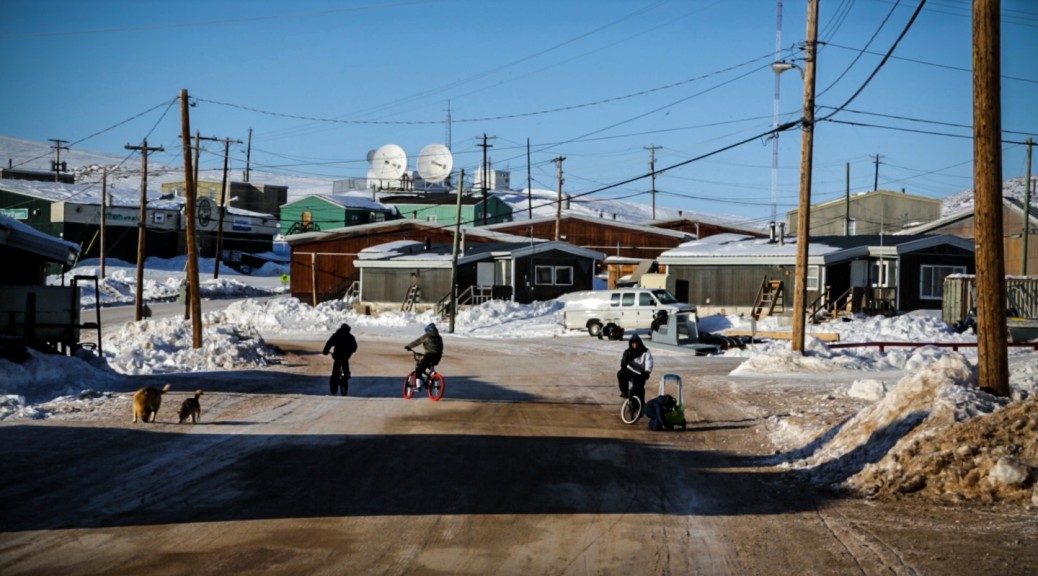Foods from the sea is central to Inuit culture, health and well-being in the Arctic. Inuit from the Baffin Bay area hunt narwhals, belugas, seals, walruses and marine birds, fish Arctic char, sculpin and a number of other species, and harvest crustaceans (mussels, clams, scallops, etc.), seaweeds and marine birds eggs (Wenzel, 2011). These species, are all ultimately relying onto the energy originated from primary producers (phytoplancton) and channelled through zooplankton, Arctic cod and/or sea-bottom (benthic) organisms.
Climate-induced changes in : (i) the phytoplankton spring bloom (PSB) which develops around the ice-edge of the Arctic Ocean (ii) higher marine trophic level species, which all depends ultimately on the plankton, may lead to changes in the quality, the access, the quantity/availability, and the preferences and uses of key marine food species, the four pillars of food security.
Using interdisciplinary and participatory approaches, and following the objective of co-documenting the links between climate change and fluctuations in marine resources diversity and productivity, we are developing a study aiming at documenting:
- Local knowledge. Working with Inuit from Qikiktarjuaq (interviews and hunting camp), we will qualitatively examine how the availability of marine resources and the consumption of locally harvested foods have changed over time.
- Marine food nutrient concentrations. In collaboration with the Wildlife Management Board and Hunters and Trappers Organization, we will sample sentinel marine species that are hunted, trapped or fished locally and evaluate their concentration of chemical elements of interest for health and food security, such as essential fatty acids and micronutrients.
- Modeling the impact of climate and PSB changes on future sea ice conditions, which will likely influence marine food access, and on diversity, quantity/availability, and nutritional quality of sentinel marine species.
Combining these results as well as other from previous studies in the Baffin Bay region, we will aim to develop food security indicators in order to better assess the impact of climate and PSB changes on local Inuit food systems and security, and eventually on Inuit health.
Lemire Mélanie, Maps Frédéric, Sansoulet Julie, Therrien Michèle
and others WP7-GreenEdge members


